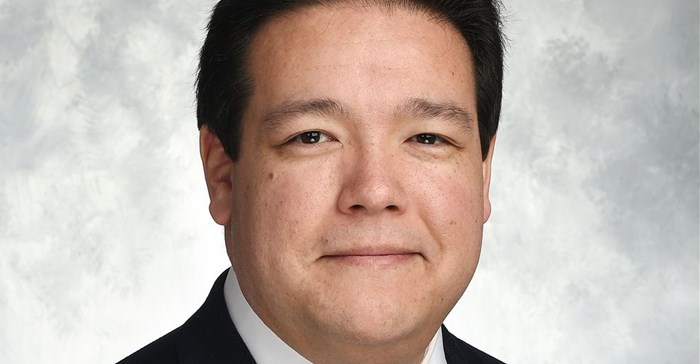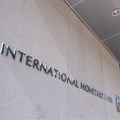South Africa will be getting R70bn from the International Monetary Fund (IMF) under the latter's Rapid Financing Instrument (RFI) to help the country mitigate the adverse social and economic impact of Covid-19.

Geoffrey Okamoto, first deputy managing director and acting chair, IMF
The RFI will help fill the urgent balance of payments (BOP) needs originating from the fiscal pressures posed by the pandemic, limit regional spillovers, and catalyse additional financing from other international financial institutions. The South African authorities have committed to manage the IMF’s emergency financial assistance with full transparency and accountability," the IMF said in a statement.
“There is a pressing need to strengthen economic fundamentals and ensure debt sustainability by carrying out fiscal consolidation, improving the governance and operations of state-owned enterprises (SOEs), and implementing other growth-enhancing structural reforms. The Covid-19 crisis heightens the urgency of implementing these efforts to achieve sustainable and inclusive growth. Specific reform commitments at the time of the October Medium-Term Budget Policy Statement will be a critical step to buttress the credibility of the reform efforts and should be followed by steadfast implementation. Efforts to preserve the central bank’s inflation mandate and proactive bank regulation and supervision, particularly for small banks, will also be important," Geoffrey Okamoto, first deputy managing director and acting chair of the IMF, said.
Danny Bradlow 23 Jul 2020 Low-interest loan
The National Treasury said the additional IMF funding is a low-interest loan that contributes to government’s fiscal relief package, while respecting South Africa’s decisions on how best to provide relief to the economy and those worst affected by the current crisis.
The loan application was part of the government’s key interventions to support for health and frontline services, protection of the most vulnerable, supporting job creation efforts, unlocking economic growth through reforms and stabilising public debt, Finance Minister Tito Mboweni said in his special adjustments budget in Parliament last month.
“Government’s Covid-19 economic support package directs R500bn straight at the problem. This is one of the largest economic response packages in the developing world.
“The South African Reserve Bank has reduced interest rates and made it easier for banks to lend money, and supported liquidity in the domestic bond market. Government spending and tax proposals, as well as the loan guarantee scheme and wage protection measures, are providing protection to workers and the poor while assisting to stay afloat during these tough economic times," said Mboweni.
Going forward, government’s fiscal measures will build on policy strengths and limit the existing economic vulnerabilities that have been exacerbated by the coronavirus pandemic, the minister said.
Meanwhile, both the New Development Bank and the African Development Bank have agreed to loans of R17.3bn and R5bn respectively.
Scepticism
Despite the commitment from the government that the loan will be dispersed transparently, there is a great deal of scepticism from civil society, especially as there are already allegations of looting of existing Covid-19 relief funds.




















































